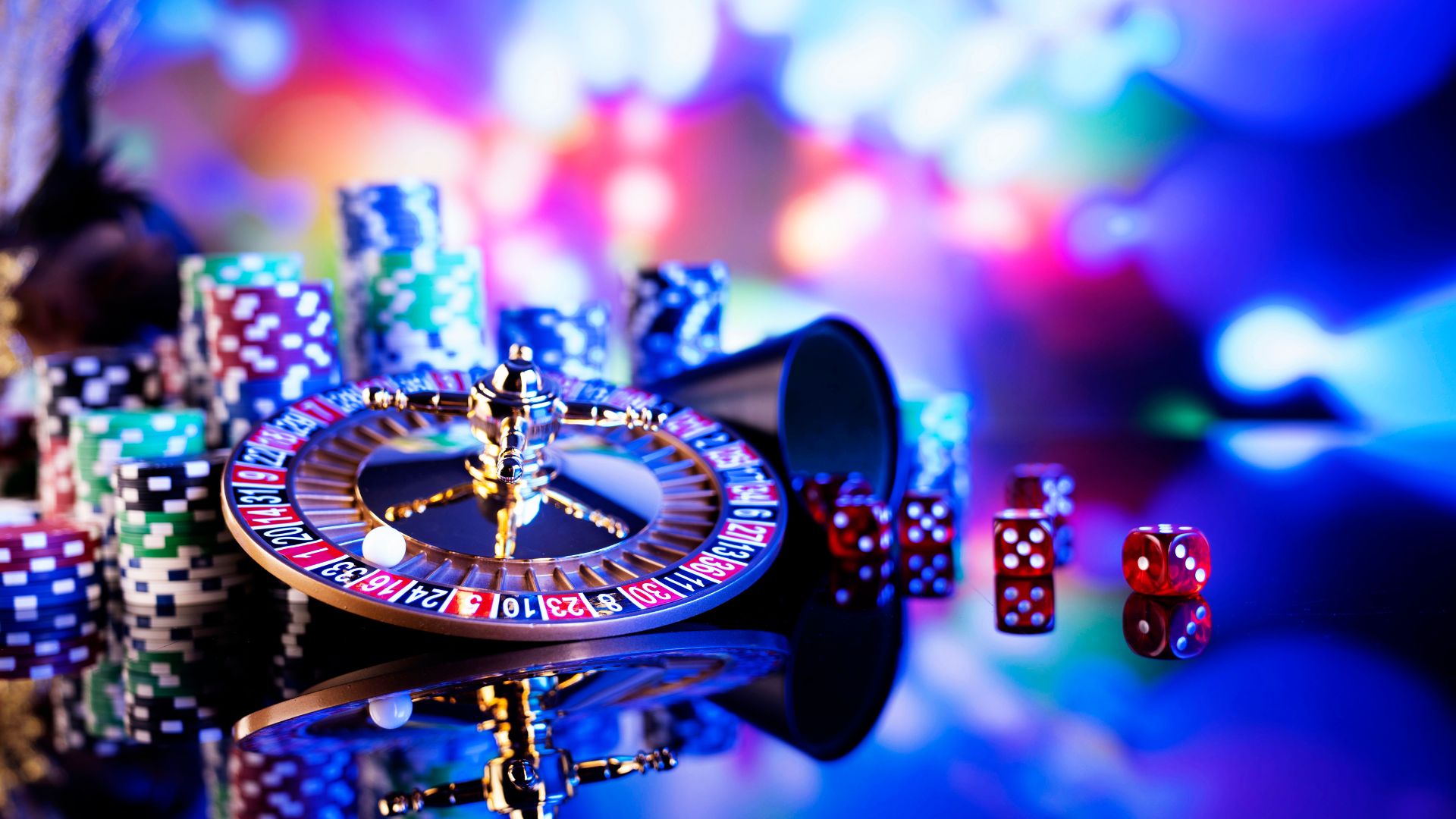Gambling games have long been a staple in human culture, providing not just entertainment but a fascinating reflection of our hopes, dreams, and anxieties. From the turning reels of a slot machine to the tactical play of poker, these games embody a variety of human emotions and events. At their core, casino games are not just a chance to win money; they are a reflection of life itself, where danger and gain converge and fate can change in an instant.

As players assemble around tables or sit in front of glowing machines, they take part in a ritual that transcends mere betting. These games reflect our innate desires for connection, thrill, and the pursuit of luck. They also reveal deeper truths about human nature, such as our relationship with fate and the thrill of risk. In exploring casino games, we reveal not only the mechanics of play but also the complex weave of the human experience, showcasing our woven narratives of hope and reality.
The Mind Behind Gambling
Wagering is intrinsically connected in human psychology, tapping into various feelings and desires. The thrill of risk-taking is a core aspect that draws players in, whether the thrill of spinning a roulette wheel or the anticipation of drawing a winning card in a poker game. This adrenaline is often compared to other forms of excitement, as the uncertainty of outcomes elicits a distinct psychological response. Players often find themselves captivated by the possibility of winning big, leading to an irresistible draw toward casino games.
Another, an essential component of the psychology behind gambling is the concept of optimism and aspiration. Participants often nourish dreams of financial freedom and the luxurious lifestyle that can accompany winning. This optimism fuels their ongoing participation in casino games, as it provides a sense of purpose and the conviction that a transformative win could be just one wager away. The narrative of overcoming odds and finding success resonates with many, strengthening their commitment to play and engage with these games.
Finally, social aspects play a crucial role in gambling psychology. Gambling venues are designed to foster social interaction, where players gather to share the journey of wins and losses. This shared aspect not only amplifies enjoyment but also affects behavior, as individuals often imitate the actions of others in their vicinity. The social validation found in mutual thrill can magnify the emotional experience, making casino games a mirror of not just personal desires but also shared involvement within the gambling community.
### Risk and Reward: A Double-Edged Sword
Gambling activities embody the delicate balance between risk and reward that resonates deeply with human psychology. The rush of placing a bet is often accompanied by a jolt of energy, as players are confronted with the chance of striking it rich, yet cognizant of the risk to lose. rockstar66a.com This bipartisan experience reflects a core aspect of life: the paths we choose often come with built-in risks, and the pursuit of reward can compel us to take chances we might not otherwise consider. In this way, gambling activities reflect real-world choices, enticing players to risk not just their capital, but also their aspirations.
The allure of jackpot prizes and winnings fuels a sense of optimism, motivating players to imagine a more promising future that could arise from a fortunate turn of the wheel or flip of a card. This positive outlook can drive individuals to engage in more daring actions, pushing them to extend their limits in search of financial gain. However, just as in life, the results of these risks can lead to both triumph and failure. The narratives of both jackpot winners and those who have suffered everything at the casino demonstrate the random nature of luck and its consequential repercussions on our existence.
Ultimately, the interaction of engaging with gambling activities serves as a vivid illustration of the human condition. Every round played is imbued with the tension of ambiguity, as gamblers weigh the rewards against the risks. This interaction not only highlights the excitement that comes with gambling but also unveils the risks that come with the desire for more. As we explore the challenges of decision-making and consequence in both the casino and in life, we find that the search for benefit shapes our character and lives in deep ways.
Culture and Loneliness in Gambling Culture
Gambling environment is a distinct combination of communal interaction and personal endeavor, reflecting the tensions of individual experience. Gamblers often gather around games, experiencing in the thrill of the action, celebrating wins, and commiserating over losses. This social aspect is vital, as it creates a sense of belonging and camaraderie among varied groups of individuals. Regular attendees to casinos may build friendships and establish routines, turning the gambling venue into a alternative home where they feel connected to a larger community of players.
However, the allure of casino games can also lead to isolation. As individuals become engrossed in the excitement of gambling, they may withdraw from personal connections or neglect to engage with the environment outside the casino. For some, the search of a windfall can distract from real relationships, leading to loneliness. The experience of being surrounded people yet experiencing solitary is not uncommon, as the attention shifts from shared enjoyment to the private stakes of each player’s path.
This interplay of society and solitude creates a rich mosaic that defines casino atmosphere. It showcases the complexity of human interactions, where happiness and despair coexist. Casinos serve as both a sanctuary for social engagement and a stage for individual challenges, demonstrating how intimately connected our desire for connection and the personal quest for wealth can be. In navigating this landscape, gamblers confront their own narratives—seeking both the rush of the game and the fellowship of fellow gamblers, eventually mirroring the broader spectrum of human experience.